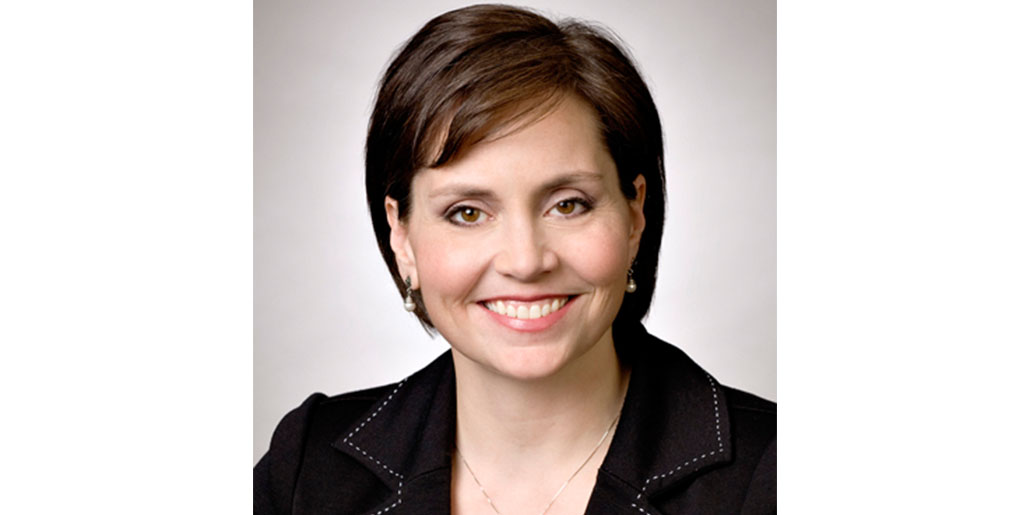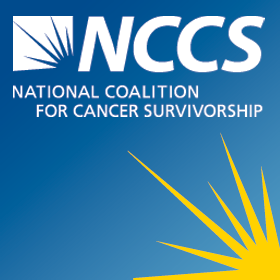
Guest Post by Dr. Patricia Ganz: What Cancer Patients and Their Families Can Do to Coordinate Post-Treatment Care
This post is part of our 20 Years Later blog series which examines progress in advancing the principles in the 1995 NCCS publication Imperatives for Quality Cancer Care: Access, Advocacy, Action, and Accountability (Imperatives), this month we will look at the ninth principle of Imperatives: “The responsibility for appropriate long-term medical care ...

Caring for Cancer Survivors: A Primary Care Physician’s Perspective on the Last Twenty Years and the Road Ahead
This post is part of our 20 Years Later blog series which examines progress in advancing the principles in the 1995 NCCS publication Imperatives for Quality Cancer Care: Access, Advocacy, Action, and Accountability (Imperatives), this month we will look at the ninth principle of Imperatives: “The responsibility for appropriate long-term medical care ...

Logistic Toxicity and Administrative Burdens for Cancer Survivors and Caregivers
There are many types of toxicities cancer patients face in their treatment. We hear most about the physical toxicities of treatment – nausea, pain, fatigue, heart damage, etc. Fortunately, the non-physical toxicities are getting more attention by physicians, policymakers, and patient advocates. Dr. Yousuf Zafar (@yzafar) has made the term ...

Guest Post Series: Dr. Michael Ybarra Offers Innovator Perspective on Oncology Care Model
The Centers for Medicare and Medicaid Services (CMS) recently announced the Oncology Care Model, a new payment model for physician practices administering chemotherapy that aims to provide higher quality, more highly coordinated oncology care at a lower cost to Medicare. This week, we’re presenting several different perspectives on the Oncology ...

Video Post: Cancer Patients and Survivors Describe Quality Cancer Care
What is quality cancer care? At a recent NCCS Cancer Policy Advocate Training event, we spoke to cancer patients and survivors about their definitions of quality cancer care. How do you define cancer care? Share your thoughts in the comments and let us know what you think. The Institute of ...

Discussing “Good” and “Hard” Deaths: Columnist Ellen Goodman’s Opinion Piece “How to Talk About Dying”
In a recent opinion post in The New York Times, columnist Ellen Goodman writes intimately about the loss of her parents. Decades after the death of her father, Goodman felt wholly unprepared for the decisions that needed to be made as her mother’s health declined, assuming—like many caregivers and loved ...

Navigating Cancer Survivorship Without a Net: How Far Have We Come and Where Are We Headed?
Diagnosed, in 1994, with stage three testicular cancer with metastases to several lymph nodes and both lungs followed by an unrelated diagnosis of kidney cancer three months later, I found myself completely unprepared for the journey I was about to embark on. At the age of 25, while many of ...

Reflections on Cancer Survivors Day: Managing Survivorship for a Lifetime
On Sunday, June 7th, we are reminded by cancer centers to celebrate National Cancer Survivors Day®. Today, there are a sea of colors for different cancer ribbons and wristbands, e.g., the ubiquitous pink for breast cancer, amber for bladder cancer, grey for brain cancer, yellow for all cancers, and so ...

Dr. Atul Gawande’s Recent “Overkill” Article Examines Screening, Overtreatment, and Anxiety
In another excellent piece in the The New Yorker entitled “Overkill,” Dr. Atul Gawande writes about what he calls an “avalanche” of unnecessary care Americans are receiving. With his characteristic mix of hard data, policy analysis, and personal stories, he describes the harms of overtreatment, to both individuals and the ...

Guest Post: Multidisciplinary Care Is the Hallmark of High Quality Care—So Why Doesn’t Everyone Get It?
The fourth principle in the Imperatives for Quality Cancer Care states, “All people diagnosed with cancer should have access to and coverage for services provided by a multidisciplinary team of care providers across the full continuum of care. Health care plans should be held accountable for timely referral to appropriate ...

